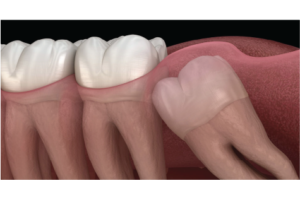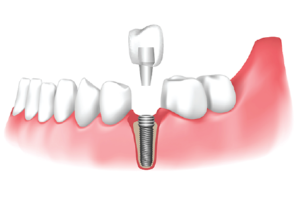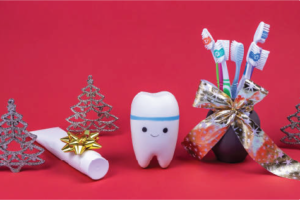Should you replace missing teeth?

You might think that you can slip by without replacing a lost tooth, especially one that is not visible to anyone when you talk or smile. Well, it’ll feel weird for a moment, but you’re going to get used to it, or are you? You might have lost a tooth due to gum disease, tooth decay, injury, or genetic disorder. Nevertheless, leaving a lost tooth not replaced in your mouth may have serious repercussions. Your oral health and quality of life may be potentially impaired. Here are some reasons why it’s very important to replace a missing tooth:
Impact on your appearance:
Tooth loss is going to affect your facial aesthetics. A reduced jaw bone and missing teeth will make your face look aged and wrinkled. As they can no longer be supported from inside, your cheeks and lips may appear hollow and saggy. Your smile would be affected by the gaps from missing teeth if it is a front tooth in the aesthetic region.
Impact on speech:
When the teeth and lips, or teeth and tongue, are in contact, certain sounds are produced. People have difficulty pronouncing sounds like F, V, S, and T in the absence of front teeth. They may encounter problems in articulating words or speaking clearly. Such difficulties in speech can affect communication.
Impact on nutrition:
One of the primary functions of teeth is mastication, and tooth loss reduces biting and chewing ability. This can result in a reduced choice of foods and variation in diets. To keep functioning well, a well-balanced diet gives the body the nutrients it needs. Decreased chewing capacity may result in people preferring foods that are soft and easy to chew. In turn, this can lead to a compromised diet and a poor intake of nutrients.
Impact on oral health:
The neighbouring and opposing teeth shift slowly to fill the gap if one or more teeth are absent. The shift will create new spaces between the other teeth where food may get stuck. These areas are hard to maintain and are vulnerable to cavity-causing bacteria and gum disease, which may lead to long-term bone loss. Other issues such as sensitivity and grinding of teeth can also be caused by the modified bite. The burden on the remaining teeth is also increased by chewing with fewer teeth and may lead to premature wear.
Impact on the temporomandibular joint:
The temporomandibular joint connects the lower jaw to the skull. This joint’s movement lets you open and close your mouth and chew from side to side. A change in the bite can lead to clicking or pain, dizziness, earaches, headaches, facial muscle tension, and difficulty opening and closing the mouth, a condition known as temporomandibular disorder.
Impact on emotional health:
Numerous studies have shown that tooth loss can cause severe emotional distress to the point of seriously affecting mental well-being. Even missing a single tooth can affect a person’s confidence. They may begin to be conscious of their smile which may interfere with social interactions.
In conclusion, tooth loss is not always avoidable. However, it is essential to understand the effects of missing teeth, so that you can take the necessary steps to avoid more problems. Speak to your dentist on ways to replace the missing teeth. He or she will help you determine the best choice for you: implants, a fixed bridge, or removable dentures.
Can medications affect your oral health?
Can medications affect your oral health? Prescription and over-the-counter (OTC)...
Read MoreBe wise about your wisdom teeth
Be wise about your wisdom teeth One major dental milestone...
Read MoreShould you replace missing teeth
Should you replace missing teeth? You might think that you...
Read MoreDental care tips for the festive season!
Dental care tips for the festive season! It’s the beginning...
Read More
Dr. Paresh Lotlekar is a leading dental practitioner specialising in Periodontology & Oral implantology and the founder of STUDIO32 (studio32india.com), a chain of super speciality dental clinics in Goa.





